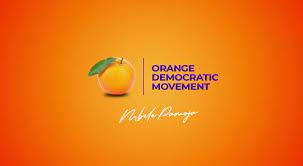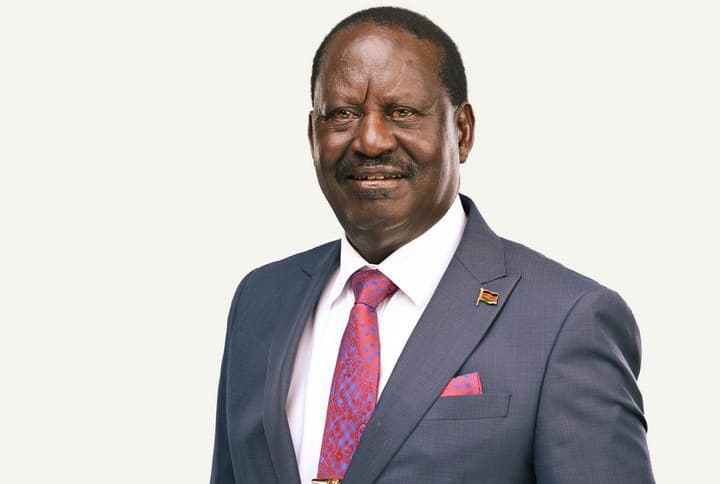We're loading the complete profile of this person of interest including their biography, achievements, and contributions.


Leader of the Opposition
Public Views
Experience
Documented career positions
Raila Amolo Odinga (7 January 1945 – 15 October 2025) was a major figure in Kenyan politics. Born in Maseno to Jaramogi Oginga Odinga (Kenya’s first vice president), Raila studied mechanical engineering in East Germany. His political career spanned decades. He served as MP for Langata from 1992/93 to 2013. From April 2008 to April 2013, he was Prime Minister in a coalition government. Odinga ran for president multiple times (1997, 2007, 2013, 2017, 2022) under various party banners, including ODM, and often challenged election results in Kenya’s courts. He was a strong advocate for constitutional reform, democracy, and anti-corruption. After 2013, he retained political influence as leader of the opposition and as head of ODM until his death. His life was marked by activism, multiple detentions under the Moi regime, and broad influence on Kenya’s political direction. Short bio (two paragraphs): Raila Amolo Odinga was a Kenyan politician and statesman whose career shaped the country’s democratic evolution. Born in 1945 in Maseno to a political family, he earned a degree in mechanical engineering before entering public service and politics. Over decades he challenged authoritarian rule, endured detention and exile, and emerged as a symbolic figure of resistance and reform. Odinga served as Member of Parliament for Langata from the early 1990s until 2013 and held the office of Prime Minister from 2008 to 2013 during a national coalition government. A five-time presidential candidate, he spearheaded constitutional reforms, promoted devolution, and remained central to Kenya’s political life as opposition leader. His influence extended well beyond electoral success — he is widely credited with pushing Kenya toward more transparent institutions and a stronger civil society.
Played a key role in brokering the power-sharing deal after Kenya’s 2007 crisis and spearheaded infrastructure projects.
He has been an influential opposition voice for over two decades.
Instrumental in pushing Kenya from single-party to multiparty democracy (early 1990s)
His offices were linked to corruption scandals, including the 2010 'Kazi kwa Vijana' maize procurement scam
In 2019 he was implicated by association in a 'fake gold' fraud (though he claims to have exposed it)
News articles featuring Raila Odinga
Served as Member of Parliament for Langata (1993–2013) and held ministerial portfolios (Energy, Roads, Housing) under various administrations
Co-led the 2007–2008 post-election power-sharing deal as Prime Minister (2008–2013), helping stabilize the country after violent clashes
Spearheaded the 2010 Constitution, introducing devolution and constitutional reforms aimed at reducing presidential power and enhancing checks and balances
Promoted democratic activism: multiple presidential runs (1997, 2007, 2013, 2017, 2022), continuous election reforms, and mass mobilization
Business and industrial achievement: founded East African Spectre (manufacturing company) upon return from Germany
Received national honours (e.g. Elder of the Golden Heart) and recognition for his contributions to public service